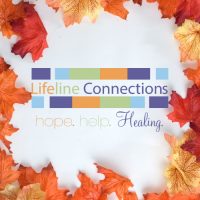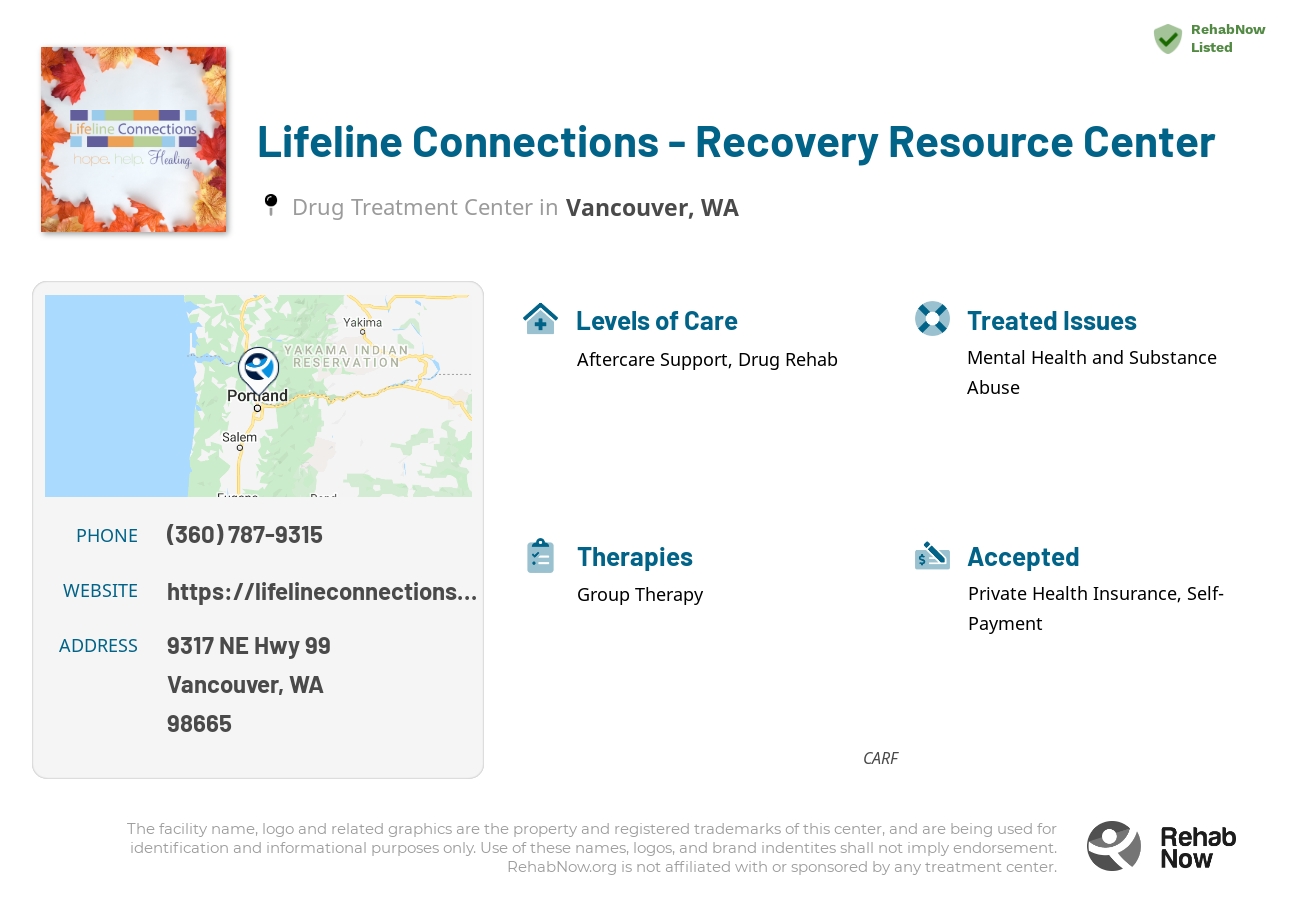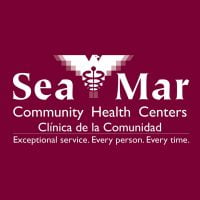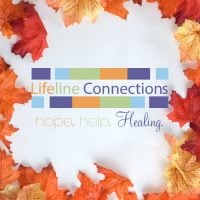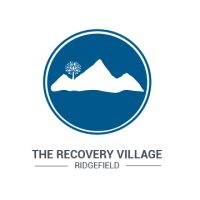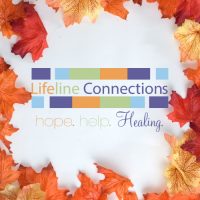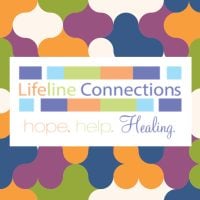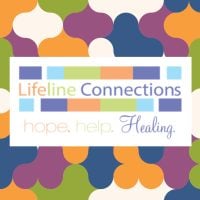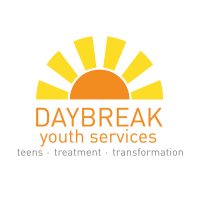Lifeline Connections - Recovery Resource Center
Drug Rehab Center in Vancouver, Washington
This addiction treatment facility in Washington is accredited by CARF and NAATP, licensed by the state and accepts private health insurance, providing clients the ability to receive quality Dual Diagnosis support, Aftercare Support and a variety of drug rehab programs tailored to meet each individual's needs.
About This Washington Facility
Lifeline Connections – Recovery Resource Center, situated in Vancouver, Washington, provides a beacon of hope for individuals grappling with mental health and substance abuse issues. This non-profit rehab stands out for its compassionate, confidential care, and a comprehensive approach to recovery, emphasizing personalized treatment plans.
Accredited by CARF and the NAATP, Lifeline Connections not only meets rigorous standards but also accepts private health insurance, making crucial treatments accessible. Their holistic approach includes a wide spectrum of services from detox to aftercare support, ensuring a seamless continuum of care.
- Offers a robust aftercare support system, helping clients maintain sobriety after program completion.
- Employs evidence-based practices like cognitive behavioral therapy to address the root causes of addiction.
- Provides a comprehensive continuum of care, from inpatient detox to outpatient services, tailored to individual needs.
Specializing in the treatment of alcoholism, dual diagnosis, and drug addiction, Lifeline Connections utilizes a mix of counseling, relapse prevention, and life skills training. Through these methods and a variety of care levels, including outpatient and residential, they afford clients the tools for lasting recovery.
Genders
Ages
Modality
Additional
Accreditations
State License
NAATP

CARF
The Commission on Accreditation of Rehabilitation Facilities (CARF) is a non-profit organization that specifically accredits rehab organizations. Founded in 1966, CARF's, mission is to help service providers like rehab facilities maintain high standards of care.
Conditions and Issues Treated
Levels of Care Offered at Lifeline Connections - Recovery Resource Center
This center offers a variety of custom treatment tailored to individual recovery. Currently available are Aftercare Support, Detox, Drug Rehab, Inpatient, Outpatient, Residential, with additional therapies available as listed below.
Detoxification is the first step in drug addiction treatment. A controlled environment where symptoms can be managed with medication and close observation is provided by drug detoxification. Detoxification is an essential step in the recovery process, but it is also one of the most dangerous. Due to the potential danger, it’s critical to understand what detoxification is and how to complete it safely.
A detox program helps the person physically withdraw from drugs and helps them track their progress. So, suppose the person isn’t ready for sobriety (or relapses). In that case, the treatment professionals can catch it early and help re-orient them towards recovery.
Inpatient treatment is an option that provides addicts with a supportive environment in which they can stop using. This type of intensive care and supervision is appropriate for those who were unable to quit on their own or need more structure than they could get from outpatient treatment, such as the addict most in need of this level of care.
The goal of inpatient rehab is for the addict to stay focused on sobriety and remain free of mood altering substances. Inpatient treatment programs usually offer the following: detox, therapy groups, one-on-one counseling, medication management and aftercare planning.
Individuals struggling with drug addictions can get help from several treatment options, including inpatient and outpatient programs. Outpatient drug treatment programs can also provide patients with different levels of care, usually depending on the patient’s degree of addiction.
At an outpatient program in Vancouver, a patient will attend a recovery program during the day and return home in the evening. Suppose a patient is struggling with drug addiction. In that case, an outpatient program can serve as an effective transition point during the recovery process.
Residential treatment programs are those that offer housing and meals in addition to substance abuse treatment. Rehab facilities that offer residential treatment allow patients to focus solely on recovery, in an environment totally separate from their lives. Some rehab centers specialize in short-term residential treatment (a few days to a week or two), while others solely provide treatment on a long-term basis (several weeks to months). Some offer both, and tailor treatment to the patient’s individual requirements.
Aftercare is a part of drug rehabilitation. It is also known as “post-treatment support.” Aftercare programs are available for addicts after they complete drug rehab. It is often the final step in the recovery process. The goal of aftercare is to ensure that addicts maintain their achievements in rehab and do not relapse. Professionals generally provide aftercare (including addiction therapists, physicians, social workers, psychologists) and involve individual and group therapy sessions.
Therapies & Programs
Individual therapy is a critical component of addiction recovery. It allows the patients to go deep into their core issues and discover how to handle those problems better. Therapy can be conducted in individual sessions as well as group settings. In individual therapy for addiction, the patient meets with their therapist one-on-one to focus on the underlying issues. This allows patients to open up and discuss personal topics they may not feel comfortable discussing in a group setting. This type of therapy can help develop solutions specific to each patient, which helps speed up the recovery process.
Family therapy is a crucial part of drug treatment and getting sober. It is one of the most effective ways to help addicts stay on the path to long-term sobriety. When a drug addict decides that they want to try and get sober, it takes the support of every person they love to succeed. It can be incredibly difficult for loved ones to watch an addict go through the pain and suffering of withdrawal, but by being there with them and supporting them, they can help to make sure that the addiction never returns.
One of the most important parts of family therapy is the relapse prevention plan. During treatment, therapists and doctors will often sit down with the addict and their family to develop a plan in case the addict ever feels like they want to use again. This plan should involve steps the addict and family can take together to prevent them from relapsing in the future. An addict’s family can play a vital part in helping them to avoid relapse because they can spot the warning signs and help them get back on track before it becomes too much of a problem.
Group therapy helps prevent addicts from feeling isolated or unique in their situation by offering a sense of comfort and fellowship. It also creates a forum for addicts to build their support systems and learn from each other. The group therapy sessions at Lifeline Connections - Recovery Resource Center occur in a group setting rather than one-on-one to create a safer, controlled environment where addicts feel comfortable.
The best drug treatment centers offer various services to help addicts learn how to live without drugs. Since addiction is a chronic physical and mental illness, addicts need to learn as many life skills as possible to help them stay clean and sober.
Many drug treatment centers like Lifeline Connections - Recovery Resource Center offer life skills activities as part of their addiction recovery programs. Examples include cooking classes, employment training, resume writing seminars, parenting classes, and computer training. When addicts have various life skills to lean on, they’re better equipped to put their addiction behind them for good.
The primary goal of life skills activities at drug treatment centers like Lifeline Connections - Recovery Resource Center is to help addicts recover from addiction and learn how to live a useful, productive life. Life skills activities help addicts find employment, take care of their families, and give back to the community. After learning about these various life skills, addicts are better prepared to return to society and lead happy healthy lives.
Patient Experience
Equine Therapy at Lifeline Connections - Recovery Resource Center in Washington
When you sign up for equine therapy, also called EAT or equine-assisted therapy, at our facility in Lifeline Connections - Recovery Resource Center, Connecticut, these majestic creatures are groomed and taken care of during your stay. This gives those recovering from addiction the opportunity to process everything that has happened throughout their lives without having to face it head-on like they would with traditional therapies.
The horses will play an essential role in treatment. Instead of facing situations head-on as is done with other types of psychotherapy, patients can use this time to interact with the animals around them while processing what’s going through their minds by helping take care of them. Horses are naturally non-judgmental, and whether or not the patients can see it, they will react to their energy.
Payment Options Accepted
For specific insurance or payment methods please contact us.
Is your insurance accepted?
Ask an expert, call (888) 674-0062
Lifeline Connections Associated Centers
Discover treatment facilities under the same provider.
- Lifeline Connections - Crisis Wellness Center in Vancouver, WA
- Lifeline Connections - Orchards Office in Vancouver, WA
- Lifeline Connections - Mount Vernon Office in Mount Vernon, WA
- Lifeline Connections - Bellingham Office in Bellingham, WA
- Lifeline Connections - Meriwether Place Office in Vancouver, WA
Learn More About Lifeline Connections Centers
Additional Details
Specifics, location, and helpful extra information.
Vancouver, Washington 98665 Phone Number(360) 787-9315 Meta DetailsUpdated April 15, 2024
Staff Verified
Patient Reviews
There are no reviews yet. Be the first one to write one.
Vancouver, Washington Addiction Information
Washington's substance use, abuse, and addiction rates have followed the trends of the rest of the over the past years. Methamphetamine abuse is the biggest threat to Washington. Heroin-related overdoses increased by almost 450% from 2006 to 2016. 20% of all annual deaths in Washington are somehow drug and/or alcohol-related. Drugs are widely abused in Washington because they are easily trafficked in and out of the state.
Vancouver, WA, has one of the highest rates of drug abuse in the entire country. In 2016, there were 392 drug-related calls for service, an increase of almost 9% from the year before. The most common drugs abused in Vancouver are methamphetamine and marijuana. Vancouver, Washington, has many different types of drug rehab centers that offer various services. 12-step programs are generally ongoing and common there.
Treatment in Nearby Cities
- Eastsound, WA (208.4 mi.)
- Vancouver, WA (4.5 mi.)
- Kelso, WA (33.9 mi.)
- Sumner, WA (106.6 mi.)
- Portland, WA (12.7 mi.)
Centers near Lifeline Connections - Recovery Resource Center
The facility name, logo and brand are the property and registered trademarks of Lifeline Connections - Recovery Resource Center, and are being used for identification and informational purposes only. Use of these names, logos and brands shall not imply endorsement. RehabNow.org is not affiliated with or sponsored by Lifeline Connections - Recovery Resource Center.
